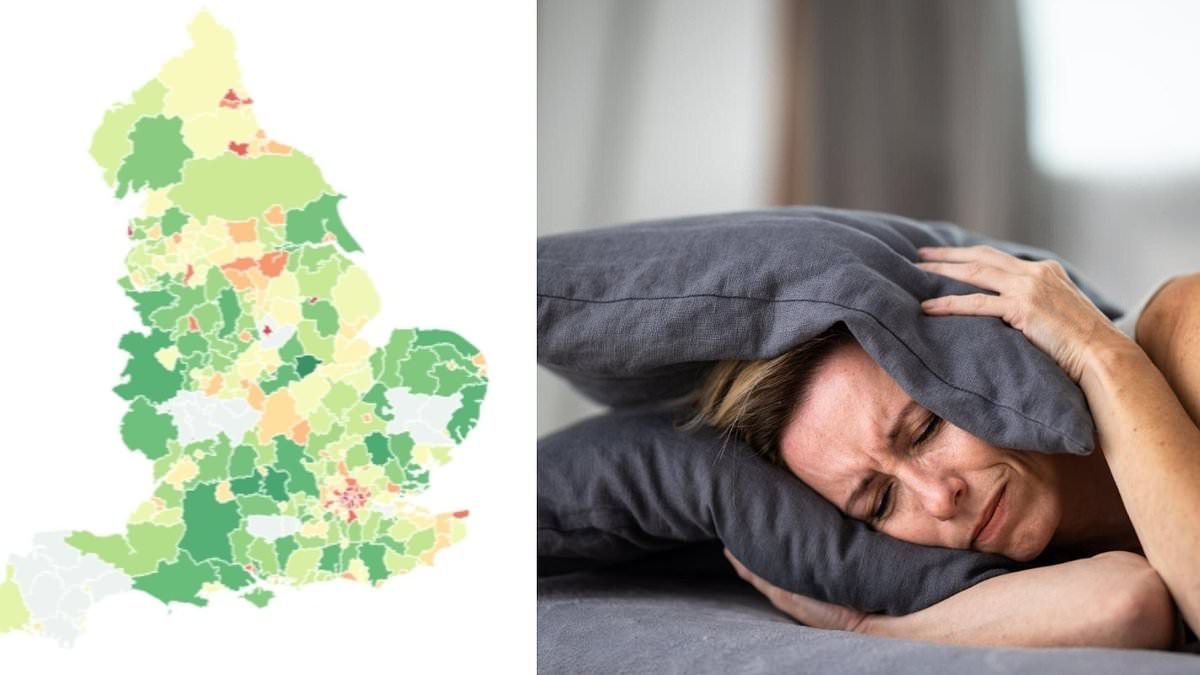Copyright keenesentinel

Hi, I’m Elijah de Castro, The Sentinel’s health reporter. Welcome back to The Check Up, where I bring you the latest at the Monadnock Region Health Reporting Lab. An issue at the center of the ongoing federal government shutdown is the future of the Affordable Care Act’s enhanced premium tax credits, which help keep the costs of premiums down for people with insurance through the ACA marketplace. The subsidies are set to expire at the end of the year. The subsidies have become yet another partisan issue in Congress. Democrats support extending them; Republicans argue they are too expensive. The ACA subsidies support a particular group of people: those who work jobs that don’t offer insurance plans. This includes people from farmers to small business owners to those who are self-employed. Although those who work in larger workplaces with a company health plan will face an increase in health costs come the new year, they won’t be hit by the expiration of these subsidies. The impact that the expiration of these subsidies will have on the cost of premiums for these marketplace plans has elicited shock and fear among people on the ACA marketplace plans. An analysis from September by the health nonprofit KFF found that the people’s share of the premiums in 2025 will more than double from $888 annually in 2025 with subsidies to $1,904 annually in 2026 without them. Nearly a month into the government shutdown, it appears unlikely that any decision on this issue will be made before open enrollment, which begins on November 1. The shutdown and the associated partisan infighting in D.C. have been extensively covered by the national media. But the Lab is interested in how locals with health insurance through the ACA marketplace are experiencing the high cost of premiums, and what they are anticipating for next year. We’d like to document the changes people and families are making to handle the rising costs of health care coverage through the ACA marketplace. Citing federal data, the N.H. Bulletin recently reported that nearly 50,000 Granite Staters used the ACA tax credits in 2025. This is a major demographic of insured people who could be affected by the jump in the cost of monthly premiums. How have these people been supported by the subsidies? How would the expiration affect them? Would they absorb the increasing cost of premiums or would they choose to be uninsured? The Lab aims to answer these questions in an upcoming story about how these subsidy changes would affect people in our community. So if you have health insurance through the ACA marketplace and are concerned about the expiration of these subsidies, please reach out to me. We’d also like to hear from people who go through the open enrollment process, and how they are reacting to the high premiums they’ll see. Please reach out to me at edecastro@keenesentinel.com.



